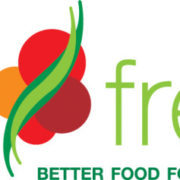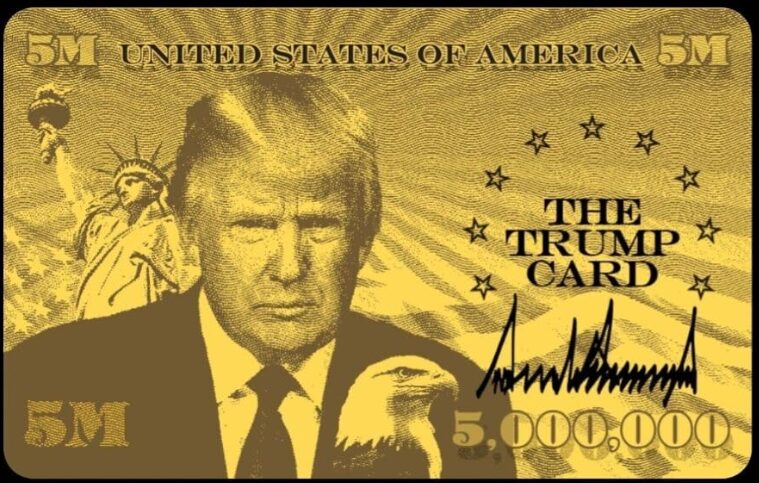PACOIMA – In a press conference on May 7 at Superior Market in Pacoima, CA, officials from California’s and Los Angeles County’s Departments of Public Social Services (DPSS) and the United States Citizenship and Immigration Service (USCIS) clarified that applying for CalFresh (formerly known as Food Stamps) is not sufficient grounds for someone to be considered a “public charge,” and that it will not affect one’s opportunity to become a legal permanent resident (LPR) or US citizen.
The announcement was part of the efforts made by state and county DPSS offices and the USCIS, to dispel myths and misinformation surrounding the CalFresh program — California’s supplemental and nutrition-based food benefit for qualified low-income families.
According to officials, many immigrant families, who are qualified to receive benefits like CalFresh, are hesitant to apply for the program due to fears that they may end up being classified as “public charge.”
Defining ‘public charge’
USCIS’ San Fernando Valley Field Office Director Roland Lyons provided some background on the the term “public charge.”
Lyons said that the term refers to a non-US Citizen who is likely to become dependent on the government for public assistance and cash benefits for his or her subsistence.
Public charge has been part of US immigration law for over 100 years, as a ground for inadmissibility and deportation of an alien, Lyons said.
Section 212(a)(4) of the Immigration and Nationality Act states that a person who seeks admission to the US, or who seeks to become a legal permanent resident (green card holder) is deemed inadmissible if he or she is “at the time of application for admission or adjustment of status, is likely to become a public charge.”
Lyons said that CalFresh is not a benefit that will make a person a public charge.
DPSS Bureau of Public Policy Chief-in-Charge Jose Perez said that this kind of misinformation is one of the leading causes which prevent CalFresh-qualified immigrant families from applying.
There is great fear over being classified as public charge upon receiving this benefit. Officials clarified that CalFresh is not a “public cash assistance program,” but rather a federally-funded supplementary food assistance program.
DPSS officials pointed out in a statement that household hunger has been proven to negatively impact the intellectual, physical, and emotional development of children.
It puts them at greater risks for obesity, diabetes, and other diseases, which is why CalFresh is very important, especially to low-income immigrant families.
Lyons said that in determining if a person is inadmissible based on his or her potential to become a public charge, many factors are considered: age, health, family status, assets, resources, financial status, education and skills.
“No single factor, other than the lack of an affidavit of support (if required) will determine whether an individual is a public charge,” Lyons said.
He said that the government looks at the whole picture surrounding an applicant, if he or she is indeed likely to depend on state support for his welfare.
USCIS guidelines specify that cash assistance for income maintenance include Supplemental Security Income (SSI), cash assistance from the Temporary Assistance for Needy Families (TANF) program, and state or local cash assistance programs for income maintenance.
Lyons said that receiving these public cash assistance could make a non-citizen become inadmissible as a public charge if other criteria are met.
However, Lyons added that being given these benefits alone does not automatically make a person inadmissible (as public charge) or ineligible to adjust status as an LPR, or makes one eligible for deportation.
Each determination is made on a case-by-case basis in the context of the totality of the circumstance, the USCIS official said.
Other non-’public charge’ benefits
Aside from CalFresh, there are other non-cash benefits and special-purpose cash benefits that are not intended for income maintenance, and are not subject to public charge consideration, Lyons said.
These benefits include:
-Medicaid and other health insurance and health services (including public assistance for immunizations and for testing and treatment of symptoms of communicable diseases, use of health clinics, short-term rehabilitation services, prenatal care and emergency medical services); other than support for long-term institutional care
-Children’s Health Program or CHIP
-Nutrition programs, including Supplemental Nutrition Assistance Program (SNAP) or Food Stamps; Special Supplemental Nutrition Program for Women, Infants, and Children (WIC); the National School Lunch and School Breakfast Program; and other supplementary and emergency food assistance programs
-Housing benefits
-Child Care Services
-Energy assistance like the Low Income Home Energy Assistance Program (LIHEAP)
-Emergency disaster relief
-Foster care and adoption assistance
-Educational assistance (such as attending public school), including benefits under the Head Start Act and aid for elementary, secondary, or higher education
-Job Training programs
-In-kind, community-based programs, services, and assistance (like soup kitchens, crisis counseling and intervention, and short-term shelter)
-Non-cash benefits under TANF, such as child care or transit subsidies
-Earned cash benefits or payments, such as Title II Social Security benefits, government pensions, veterans’ benefits, and other forms of earned benefits
-Unemployment compensation
In an email to Asian Journal, a USCIS public affairs officer also added that “in general, lawful permanent residents who currently possess a ‘green card’ cannot be denied US citizenship for lawfully receiving any public benefits for which they are eligible.”
(www.asianjournal.com)
(LA Weekend May 10-13, 2014 Sec A pg.1)







